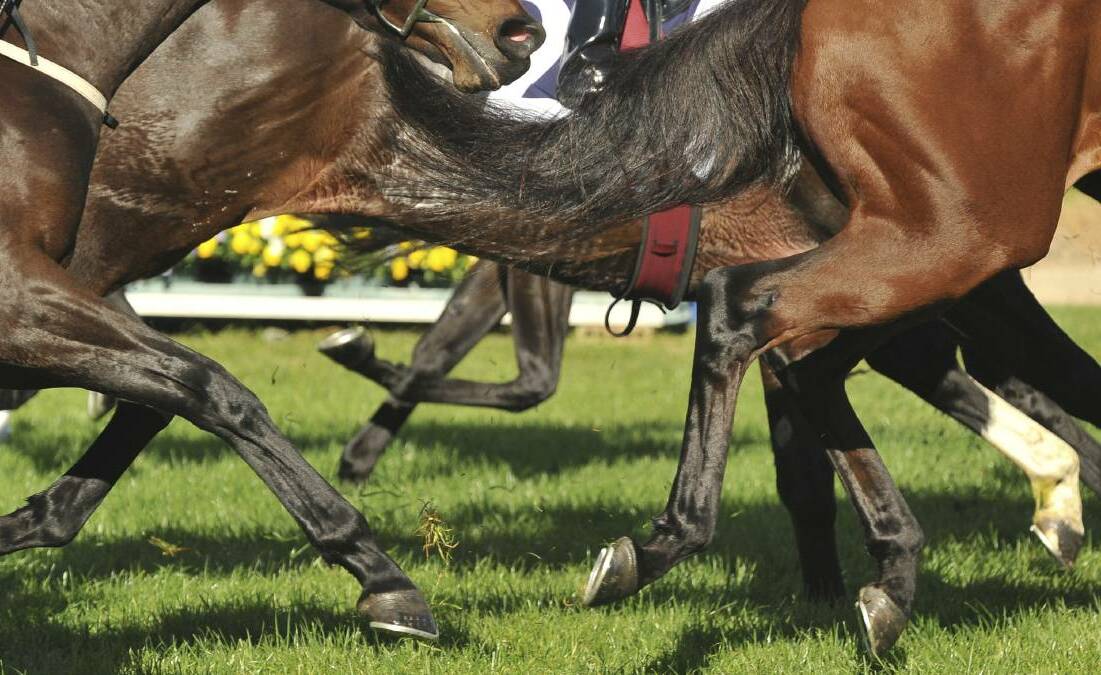
Authorities have confirmed that an unvaccinated, 24-year-old horse has died from Hendra virus at a property near Newcastle.
The virus was detected late on Tuesday, July 18, through testing at the NSW Department of Primary Industries (DPI) Elizabeth Macarthur Agricultural Institute.
A private vet attended the affected horse and took samples for testing, before notifying the DPI Emergency Animal Disease Hotline.
"The horse was depressed, uncoordinated, had a nasal discharge and high temperatures," NSW DPI chief veterinary officer Jo Coombe said.
Dr Coombe said NSW DPI and Local Land Services were working with the private vet to undertake a risk assessment on the property.
"At this stage no other animals are showing any signs of ill health," she said.
Public Health Officers from Hunter New England Health are also undertaking risk assessments of any people who have had contact with the infected horse.
"Hendra virus infection is notifiable in NSW under the NSW Biosecurity Act and an Individual Biosecurity Direction to control the movement of animals and people on and off the property is now in place for at least 21 days," Dr Coombe said.
The confirmed case is the first detection of Hendra virus in NSW since October 2021.
Previously, there have been 25 horse deaths in the state to Hendra virus on 24 properties, since the first case in 2006.
There have been no human deaths from Hendra virus in NSW.
Dr Coombe urged horse owners to remain vigilant as the early signs of Hendra virus infection are very non-specific.
"Vaccination of horses is the most effective way to help manage Hendra virus," she said.
"Owners should also keep their horses away from flowering and fruiting trees that are attractive to bats.
"Do not place feed and water under trees and cover feed and water containers with a shelter so they cannot be contaminated from above.
"If your horse is unwell, keep people and animals away from the horse and call your private veterinarian immediately."
Owners or private vets with concerns about a horse that may have Hendra virus, should call the Emergency Animal Disease Hotline on 1800 675 888.
WHAT DO YOU THINK? Join the discussion in the comment section below.
Find out how to register or become a subscriber here.







